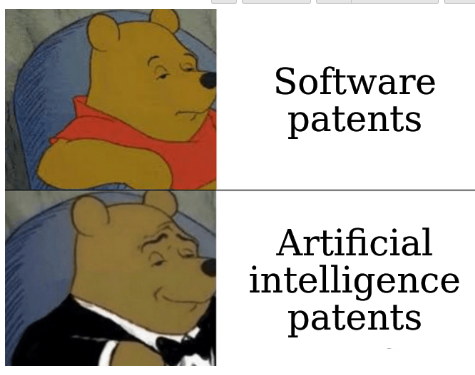

THE European Patent Office (EPO) has taken control of another EPO, the Organisation. Battistelli started it and António Campinos continues just that. He even rendered his 'boss' at the Council his 'butler'. Imagine that! How is that even legal/constitutional? Maybe it isn't. But who's to actually enforce the law/constitution (or EPC)? This is a circular issue.
"They will probably 'vote' (decide) the "usual way" some time soon (patent on software simulation) because Campinos is already meddling towards that outcome!"Sometimes we still see examples of software patents being thrown out inside rather than outside the EPO. Sometimes even loud proponents of software patents (no, not software professionals) admit it. Such was the case the other day when Bardehle Pagenberg wrote: "Authenticating individuals based on liveness probability: non-technical EPO refused to grant a patent on a method of authenticating financial transactions based on biometric data."
Bardehle Pagenberg is, in our experience, the most vocal and shameless proponent of these bogus patents. They focus on these. Bardehle Pagenberg's Patrick Heckeler, having published this page, even promoted another case where:
The first instance examining division refused searching the claimed subject-matter because it allegedly lacks technical character...
"Sadly, however, the EPO adopted clever little tricks and loopholes, such as misuse of words like "machines"; they associate the overused term "AI" with "machine learning" (what it means originally) as if there's some machine or device somewhere.""Those are not "machine translations" but lousy algorithms that take something in and spew garbage out," I told them, "an incoherent mess for most languages, with no legal validity whatsoever..."
It's rather worrying to see how the EPO deals with obvious software patents that under 35 U.S.C. €§ 101 the U.S. Patent and Trademark Office (USPTO) would be pressured to throw out, either at first instance (examination) or Patent Trial and Appeal Board (PTAB) -- or, failing that, district courts, the Federal Circuit and SCOTUS (no potent challenge to that in 5 years at that level). ⬆